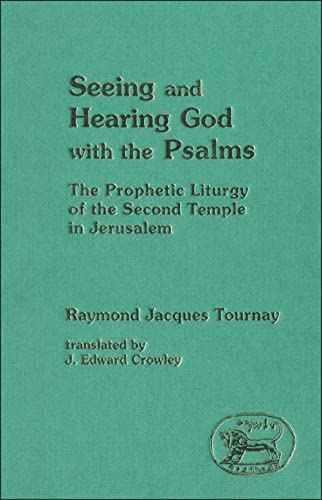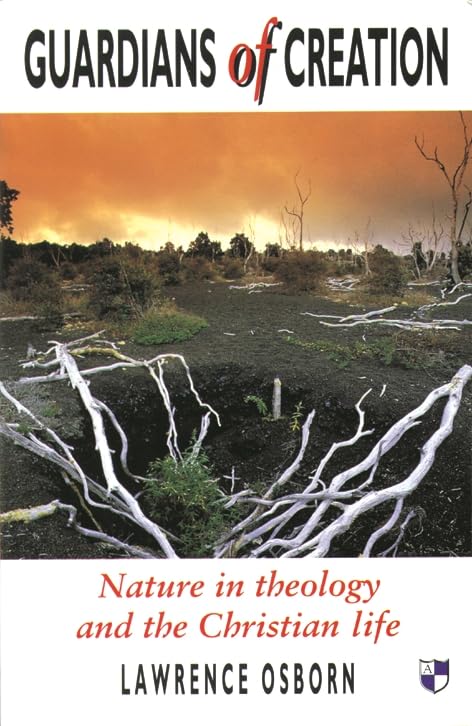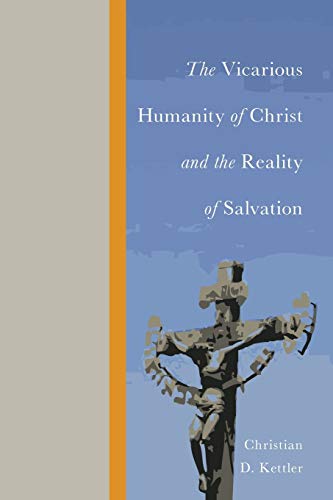The Development of Early Christian Pneumatology with special reference to Luke-Acts
Written by Robert P. Menzies Reviewed By Keith WarringtonThis book attempts to reconstruct the development of Christian pneumatology in the formative period of the church. Having surveyed a comprehensive range of Jewish literature, Menzies concludes that the Spirit was consistently regarded as the inspirer of prophetic and inspired speech, whereas the relationship with miracles is considerably less marked and even absent in some writings. In his redactional treatment of Luke, Menzies attempts to isolate the distinctive pneumatological contributions of Luke, showing the continuation of the link between the Spirit and prophecy. He also deduces that Luke, in a continuum with Jewish literature, does not attribute healings or exorcisms to the work of the Spirit. He carefully offers possible alternative interpretations of texts that would otherwise undermine his thesis, notes reasons for accepting Luke’s redaction of his sources to substantiate this, and provides conceptual backgrounds to pertinent verses to support his case.
The issue one needs to be convinced about is how far one assumes Luke is offering only one pneumatological contribution rather than emphasizing one issue but also including subsidiary elements. The tendency to force a concept to fit our well-argued and almost completely convincing framework has to be guarded against; not all references (4:1; 11:14; 12:10) so easily fit the Spirit/prophecy equation. Despite this note of caution, one may with Menzies agree that the perception of the early church community concerning the functions of the Spirit were wider than that of Luke and that Luke maintained rather more so the narrower equation of Spirit with prophecy.
In his survey of Acts, Menzies again seeks to establish his thesis that the Spirit is given as an endowment of power for mission. Thus, he rejects Dunn’s notion that the disciples’ reception of the Spirit at Pentecost is primarily initiatory and secondarily an empowering. Similarly, he objects to the view of Turner that the Spirit is the personal gift to each individual to reveal to them all they need to know about God and his relational impact upon their lives. Instead, he presents his view that the Spirit was given to provide a prophetic element to the church. Thus, with regard to Acts 8:4–25, he rejects Dunn’s view that the Spirit fell on the Samaritans to initiate them into the church, instead promoting his suggestion that the Spirit was given to help them function effectively in the mission of the church. In 9:17–18, he sees the reception of the Holy Spirit not as a culmination of Paul’s conversion but as an initiation to his prophetic ministry of evangelism. In 10:44–48, he associates the gifting with that described in Acts 2:4f. in order to show that the Spirit is granted to Cornelius’ household not to forgive and to cleanse but to inspire prophecy in its widest sense. One looks in vain for a comment, let alone an enquiry, into the reason for the delay in the provision of the Spirit (cf. 18:24–28; 19:1–7).
The final section of the book discusses Pauline pneumatology and in particular the soteriological dimension. Menzies endeavours to show that Paul was indebted to the Wisdom of Solomon for his emphasis. However, as with all issues of dependency, uncertainty of the direction of dependency or whether both reflect a common and linguistic milieu have to be borne in mind. His attempts to prove the uniqueness of Paul’s soteriological emphases in the work of the Spirit are based on attempts to prove pre-Pauline traditions which Paul has redacted. Although not doubting this possibility, it is, as he readily admits, a major difficulty and it seems safer to trace the soteriological functions of the Spirit as they are more clearly referred to in the Pauline literature.
The substantial amount of carefully detailed material provided to connect the pneumatology of Luke with that represented in Judaism, especially involving the connection between Spirit and prophecy, is well presented and, to a substantial degree, convincingly argued. As far as contemporary Pentecostal/charismatic members of the church are concerned, Menzies has provided a valuable service in emphasizing the prophetic element of the function of the Spirit, and an implicit corrective to the stress on miracles and signs, which he notes was largely absent from the ministry of the Spirit as revealed in Judaism and Luke’s presentation of the early church.
Keith Warrington
Nantwich






